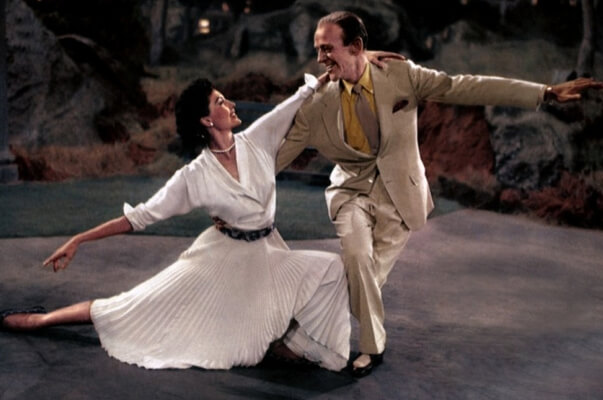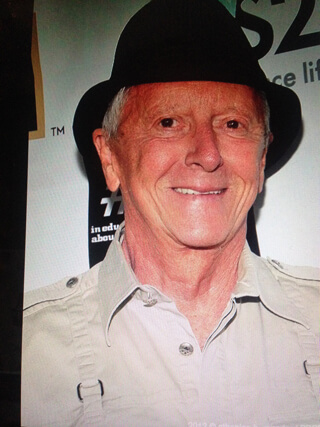Caleb Landry Jones and Callum Turner in John Boorman’s “Queen & Country.” | SOPHIE MUTEVELIAN/ COURTESY: BBC WORLDWIDE NORTH AMERICA
Film Forum preceded the opening of British director John Boorman’s “Queen & Country” with a weeklong retrospective of his earlier films. The retro closes with “Hope and Glory,” the 1987 film to which “Queen & Country” is a belated sequel. In fact, this new film opens with footage from that earlier, highly acclaimed opus.
This time around, Boorman has set his sights much lower. Putting “Queen & Country” in the context of Boorman’s entire career, which includes classics like “Point Blank,” “Hell in the Pacific,” and “Excalibur,” may not do it any favors. Even at the height of his talent, Boorman had a penchant for bizarre follies like “Zardoz” and “Exorcist II: The Heretic,” but at least they were far more entertaining than his latest film, if not necessarily in the ways in which they were intended to be.
“Queen & Country” is complacent and nostalgic. Apart from some sexual frankness and four-letter words, it could have been made in the early ‘50s, the period in which it’s set.
John Boorman’s return to the big screen has too little at stake
In the opening scene, we learn that Bill (Callum Turner) lives with his parents on an island in the Thames. His older sister Dawn (Vanessa Kirby) has emigrated to Canada. Bill expects to get drafted and those fears (or, possibly, wishes) come true. He’s not very happy with the authoritarian nature of military life and dreads having to fight in the Korean War. Fortunately, he’s kept behind to serve as a teacher for younger soldiers and becomes friends with Percy (Caleb Landry Jones). The two constantly get in trouble with the obnoxious Sergeant Major Bradley (David Thewlis), especially after stealing a rare Victorian clock. On leave, Bill falls for Ophelia (Tamsin Egerton); actually, he gives her that name because she won’t tell him her real name, a sign their relationship isn’t built to last.
Boorman is waxing autobiographical here, although that doesn’t become entirely explicit until the final scene. It’s natural to feel affection for one’s youth, but doing so in this context requires leaving out quite a bit: namely, the fact that there was a war going on. Bill never makes it to Korea. He finds it boring to be stuck in England teaching typewriting, but at least his life is safe. Boorman’s depiction of English life in the early ‘50s is similarly tame. Getting a TV set to watch the coronation is the high point of the existence of Bill’s family. It would be 15 years or so before homosexuality was decriminalized in Britain, and the slurs and innuendo fly freely.
If there’s a recurring theme in Boorman’s oeuvre, it’s men (or women, in the case of “Beyond Rangoon”) pushed out of their comfort zones by a confrontation with the unknown, such as the wilderness in “Hell in the Pacific” and “Deliverance.” The unknown here mostly takes the form of military bureaucracy and Sergeant Major Bradley. For a film that takes place during the Korean War and encompasses sexual betrayals, not much seems to be at stake. Only during the final 15 minutes does Boorman bring any true danger into the picture. He ends by humanizing Bradley and showing the perils of war, but it’s too little, too late.
Boorman undoubtedly got something off his chest by making his film, but I’m not sure what. The best comedies made by England’s Ealing Studios at the time it was set had more edge. The final shot sets one up for a continuation of Bill’s story. Given that Boorman is now 82 and had gone eight years between films, will he ever get the chance to continue his cinematic autobiography? And if he does, will it regain the punch missing from “Queen & Country”?
QUEEN & COUNTRY | Directed by John Boorman | BBC Worldwide North America | Opens Feb. 18 | Film Forum, 209 W. Houston St. | filmforum.com


































